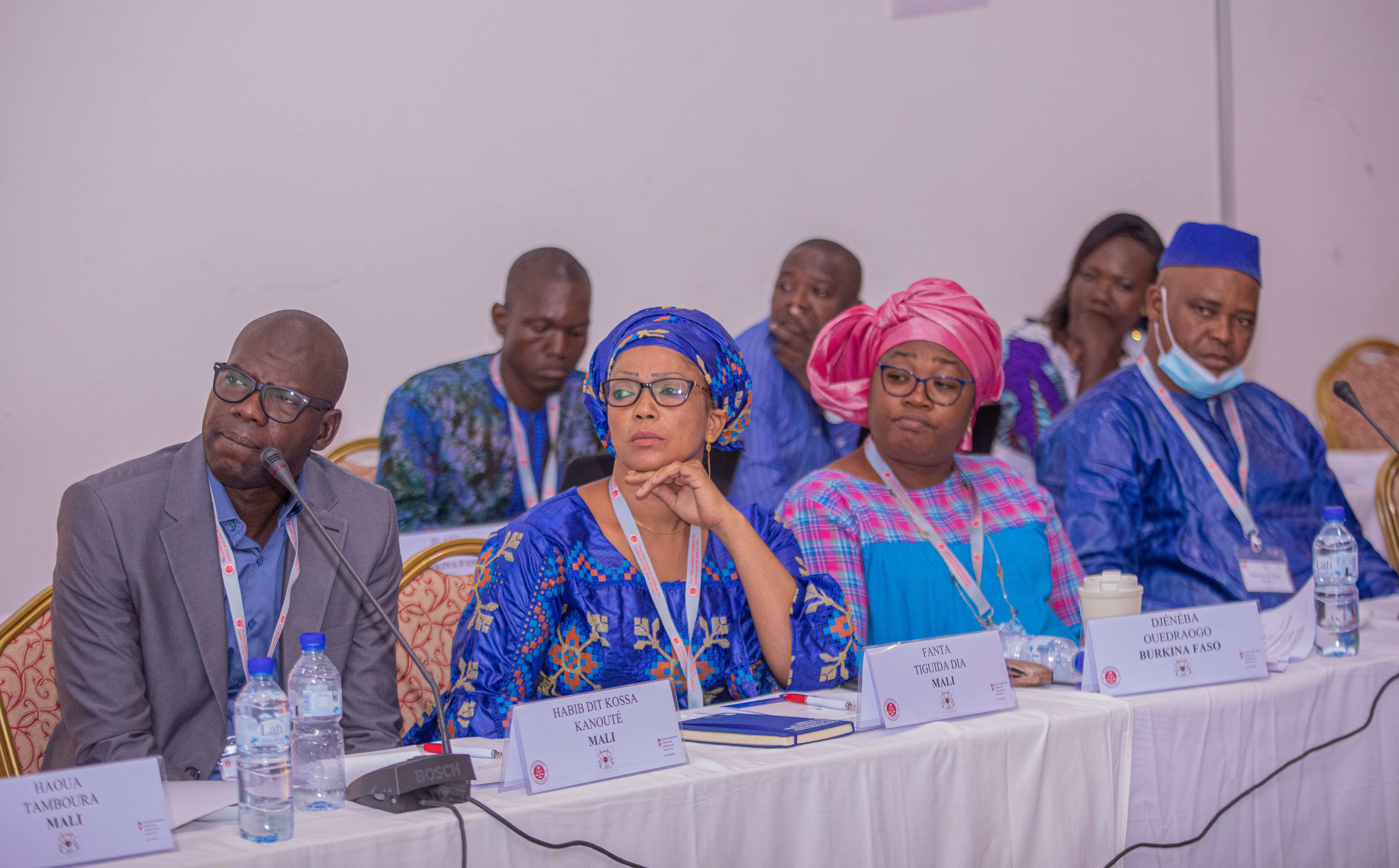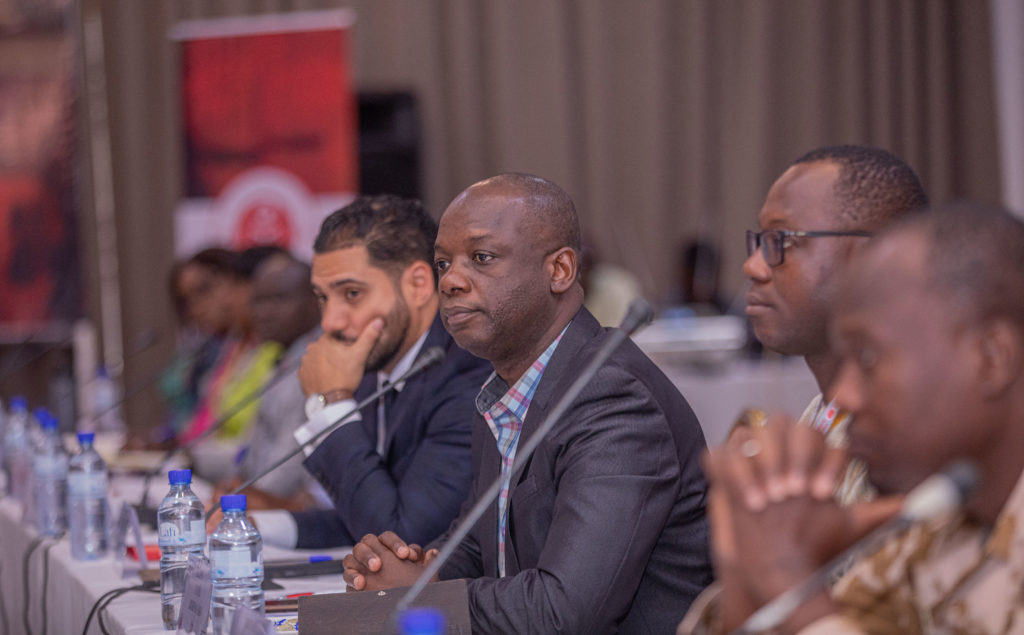In September, the IIJ and the Ministry of Gender and Family in Burkina Faso, organized a regional workshop in Benin on the investigation of terrorism-related sexual violence crimes. This three-day workshop brought together 40 criminal justice practitioners from Benin, Burkina Faso, Central African Republic, Mali and Togo to enhance their skills on victim interviewing techniques, different types of evidence related to crimes of sexual violence, and their corroboration, collection, and analysis, all while using case studies from conflict zones.

The workshop explored innovative approaches to societal, religious and traditional barriers that have historically impeded the investigation and prosecution of cases of terrorism-related sexual violence. Subject matter experts from the Central African Republic’s Special Criminal Court, the International Criminal Court, as well as other humanitarian organizations such as the Dr. Mukwege Foundation joined the discussions with insightful interventions that resulted in a sharing of a multitude of challenges related to socio-cultural constraints, lack of a structure of care for victims of sexual violence related to terrorism and their distance to specialized courts, reluctance of criminal justice practitioners to care for victims of sexual violence, insufficient coordination between different criminal justice actors, lack of expertise in the field, unstable security context that does not facilitate access to relevant services, insufficient technical platforms for evidence collection in remote humanitarian areas, and insufficient follow-up and reintegration of victims in their respective communities.

During breakout sessions, participants identified a number of important suggestions to address these challenges, including the creation of sub-regional task forces for the investigation of crimes of sexual violence related to terrorism, the creation of protection structures for victims, increased capacity-building training for criminal justice actors involved in the care of victims in conflict zones as well as an in-depth research on the characteristics of the feminization of violence in the region of West Africa.
Participants reported that they found the workshop to be highly valuable. A participating practitioner remarked that "We discussed in workshops similar to this one terrorism in its raw state, but in this workshop, we had the chance to discover other parameters of the terrorist phenomenon. We will return to our functions and make recommendations on the structures of integrated centres and procedures for the care of victims of sexual violence that must be put in place preventively in our judicial, police and administrative bodies”
For more information on this workshop, please contact the IIJ at info@theiij.org.
